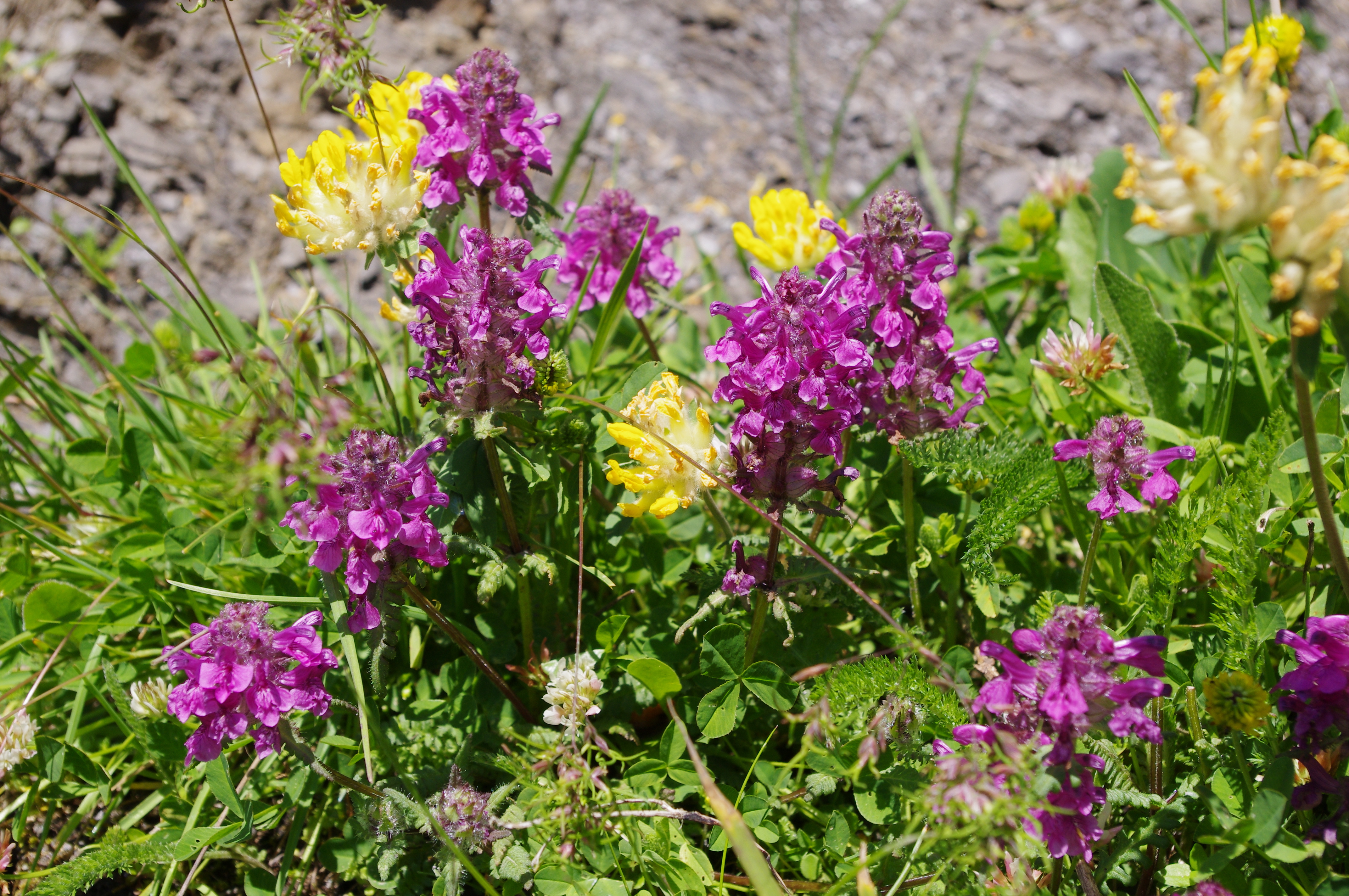During the week, I teach company workers at Lundbeck Korea, a Danish pharmaceutical company based at the World Trade Center building in COEX. There are five students in total, and we have 1 on 1 conversational classes focusing on critical thinking and discussion. They're quite enjoyable lessons, and a good way to discuss interesting topics with intelligent 'students' (they're all married and most of them have children, so I feel more like the student). Some of the topics I get from various news sources, and others from Wikipedia.
We're on the 29th floor of the building above, and our lessons take place in a quiet little room with a conspicuous lack of indoor plants. Most weeks I'm fairly busy, so before the classes start, I take an article with me on the subway, and read it while eating dinner in the COEX foodcourt below. A recent one I taught was on meditation, which I thought was helpful enough to share with you all here.
Meditation has always been something I didn't pay much attention to in the past, but I recently read about a study on the benefits of meditation from a scientific point of view. The American Heart Association claims that regular meditation reduces the risk of heart attacks and stroke, significantly lowers blood pressure and reduces psychological stress. I started to read more on the topic and found some high-profile studies linking meditation to increased brain health and stronger immune systems.
When I asked myself the question, "Why not try meditation?", my best responses were because I didn't have time and because I didn't want to become a hippy. Now dear readers, a modestly wiser and somewhat more mature author of this blog will attempt to dispel some of your possibly ill-conceived notions about this ancient practice.
First of all, meditation doesn't have to be religious or spiritual at all. You can think of it simply as a way to relax the mind and unwind from a stressful day. Secondly, there is no set way to do it. There are many styles, but you can just do whatever works for you.
The only two things you need are time (15 minutes is good), and an environment without distractions. In today's busy lifestyles, these may not be so easy to come by, but at least they're free of charge. Heather and I started meditating after dinner on weekends, which seems to work well.
Sit in a relaxed position, on the floor or on a seat. You can sit however you want, but lying down isn't advised because you're likely to fall asleep. Sleeping is not meditating, because your mind is unfocused and you lose control of your breathing. And the most important part of meditation is to control your breathing. Close your eyes and focus on keeping your breathing slow, calm and much deeper than normal. You can put your hands on your knees if you like.
Try to clear your mind of stressful thoughts, and keep things simple. Other thoughts will creep into your mind, and don't try to resist them. My strategy is to let them come and go, without paying them too much attention. For example, I might be drifting into a peaceful frame of mind, but then I start to remember some events of the day. I just let these thoughts come and go without giving them too much value. You get better at this with practice (it took a few sessions before I was even able to meditate convincingly), and eventually your distracting thoughts just flow through your mind like sand through your fingers. If you hear noises from around you, just let them come and go.
After fifteen minutes, or when your legs get cramped, just slowly bring your mind back to the present and have a stretch. If you were keeping your breathing deep and regular for the whole time, you'll notice that you're in a considerably more contemplative mood and feeling pretty good in general.
Meditation helps you realise that everything is experienced as a state of mind, and this can improve your daily life. When irritating events happen during the day, you start to view them as a detached observer, instead of getting frustrated. As one article put it "You learn to understand the monkey tricks of your mind."
Practicing the meditative state of mind can really help you to take a step back and look at the deeper picture. A large proportion of the frustrating problems that we come across in our daily lives are not worth agonising over in the long run.
Most importantly, there is no defined way of doing meditation. It can be done in busy elevators or crowded subways, with your eyes open or closed. Just focus on your breathing and let go of the stressful thoughts in your mind. Try it for yourself and see if you notice a difference.
May your meditation bring you inner peace and harmony...




5 comments:
So, the name of the game is how to distance ourselves from the reality, whether it be alcohol, a hobby or meditation, among which meditaion seems to be the most cost effective. However, I doubt if it can make any big difference in solving a nagging problem at hand. Maybe, we can feel refreshed after meditaion but our mind will get messed up again once we return to the reality after all.
It's not the solution to specific problems, but conditions your mind to handle them in the context of the bigger picture.
Interesting post. My girlfriend and I attended a six-week meditation workshop back in England. After that I continued to meditate and found it to be a lovely experience.
Laziness and moving to Korea got me out of my rhythm so it's been a while since I meditated last. I need to get myself in gear and start again.
Hi Lee ... I really love your blog. Every once in a while I pop over for a peek and always find myself captivated for quite a while ... and I it always feels like time well spent! Your combination of photos and brief but witty and/or thoughtful writing is a pleasure to peruse. I just read all of your June posts and I really like how your post topics were wide ranging including quotations, instructions [yay meditation], comments on living in Korea, thought provoking posts, as well as simply what's happening in your life. You have a great balance. By the way, I'm just a random foreigner living in Busan who stumbled upon your blog shortly after I got here in 2008. Come to think of it, reading your blog influenced how I write my blog as I started to include more photos and wrap my writing around the photos because I liked the visual appeal of your blog. As I learned from your blog, often a photo really does "make" a story. Seems like you're still enjoying life here. Hope that's the case ... Cheers, Ellen
Thanks for the comment Ellen. Glad to be of service.
Post a Comment